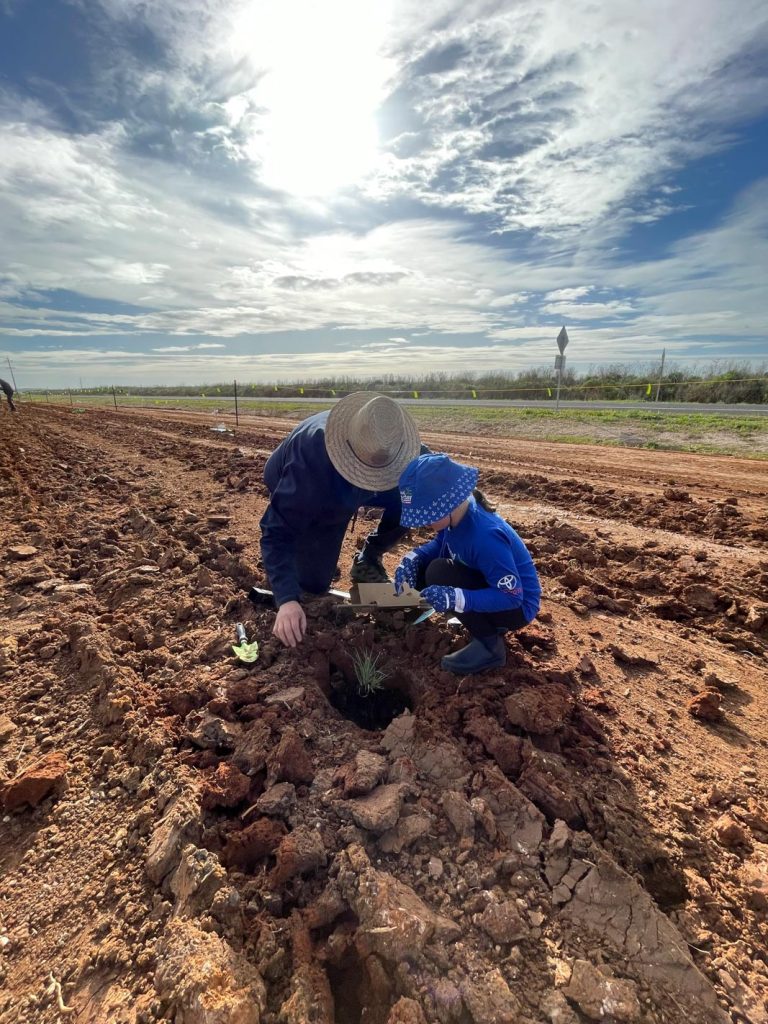SUSTAINABILITY
Sustainability is at the core of what we do. Worm Tech strives to achieve sustainable outcomes across all its business. Sustainable business practices see the intersection of environmental concerns with impacts on both society and the economy.
Explore the three different ways Worm Tech is achieving sustainability below.
Click the icons to discover more
Economic
Circular economies deliver more value in terms of dollars and job creation whilst at the same time preserving resources. Worm Tech, through its practice of organic resource recovery, repurposes material that otherwise would be dead and buried. Reusing our organic waste contributes to a circular economy, in which waste is turned into valuable products like compost, soil conditioners and liquid fertilisers. We work with local suppliers and farmers to enhance their own productivity, which in turn creates jobs and has further far-reaching economic impacts.


Social
Active engagement directly with our local communities via schools, community groups, events, charities, and sponsorships is important if we are to succeed not just as an entity, but as members of our local community. We educate members of our community of all ages by sharing our knowledge of why, what, and how Worm Tech carries out our composting and vermiculture.
Worm Tech produces resources and insights for Councils and waste management companies so that households know how they too can actively be a part of the solution through their habits. Putting the waste they produce into the appropriate waste bin is what is known in the industry as source separation. This is the single biggest impact households can do to enable and make the job of recycling (be it food scraps or food packaging) a reality. Through programs including school visits, library workshops, local talks to community groups, tree planting initiatives, and others, Worm Tech works to empower people to strive for a greener planet. In addition, we show our support through charity and sporting sponsorships and donations.


Environmental
Worm Tech composting involves the natural breakdown of organic matter that is otherwise destined for landfill. This includes food and garden organics (FOGO) and organic materials generated from industries producing protein, horticulture crops, and textiles. The diversion of organic material from landfill reduces methane generation from anaerobic breakdown and preserves landfill capacity. In addition, the process of composting creates a pasteurised material that is a safe and useful soil enhancer. Most of the compost Worm Tech produces goes back into primary production producing more food and textiles, thus forming a circular economy. This cycle puts organic carbon and life back into one of the most valuable resources we have in Australia – our soils.
The organic resource recovery services that Worm Tech provides to Councils, waste management companies and other industry partners plays an important part in several of Australia’s strategic plans to reaching Net Zero by 2050:
These policies also secure many other important environmental, social, and economic outcomes that effect all of us: from the cost of living to food security, biodiversity, economic stability, reducing impacts on our reefs and waterways, job creation, regional social and economic health, and to industry in general. Ultimately, they help preserve the one thing that grounds everything – our planet and all its ecosystems.
Developing Circular Economies are key to securing the future of our planet and the resources we depend on. Worm Tech is working on initiatives with various stakeholders and importantly the Environmental Protection Agency (EPA) in increasing the opportunities to reposition waste sources that comprise of organic material, and reducing the amount going to landfill, but importantly repurposing it to go back into our soils. Areas of research for our vermiculture system include the end-of-life uniforms which are problematic to repurpose but can be returned to the soil where they support the growth of cotton to make new textiles.
Whilst our core business services are a part of the bigger picture, we are also conscious custodians of our immediate environment that we work, live, and share. As a consumer and producer of potential waste, we are always looking for ways to reduce our footprint and some of our initiatives to date include:
- Repurposing second-hand machinery.
- Our site has a solar power array to supply power to site offices, maintenance sheds and amenities.
- We capture and use rainwater off our building rooves.
- Water used in composting is recirculated where composting guidelines permit.
- Our employees carpool to and from site.
- We have planted native trees and shrubs around our sites to minimise dust and noise pollution.

